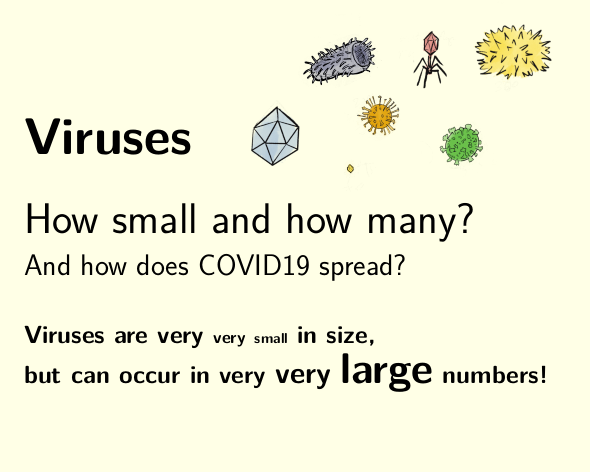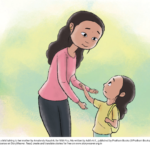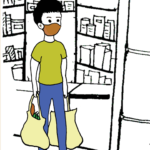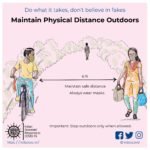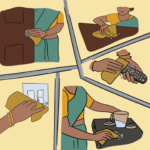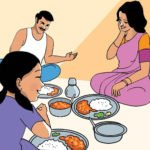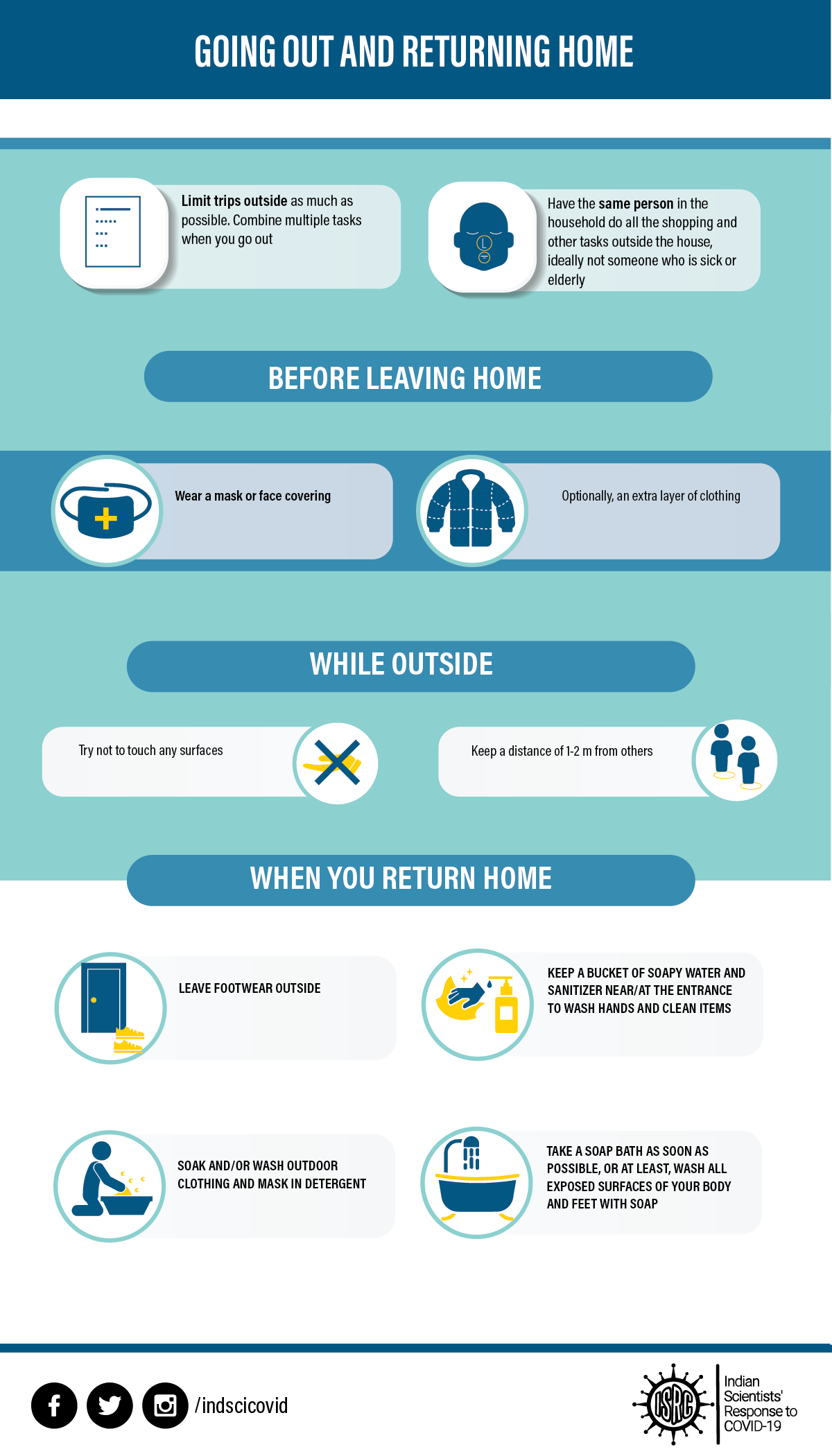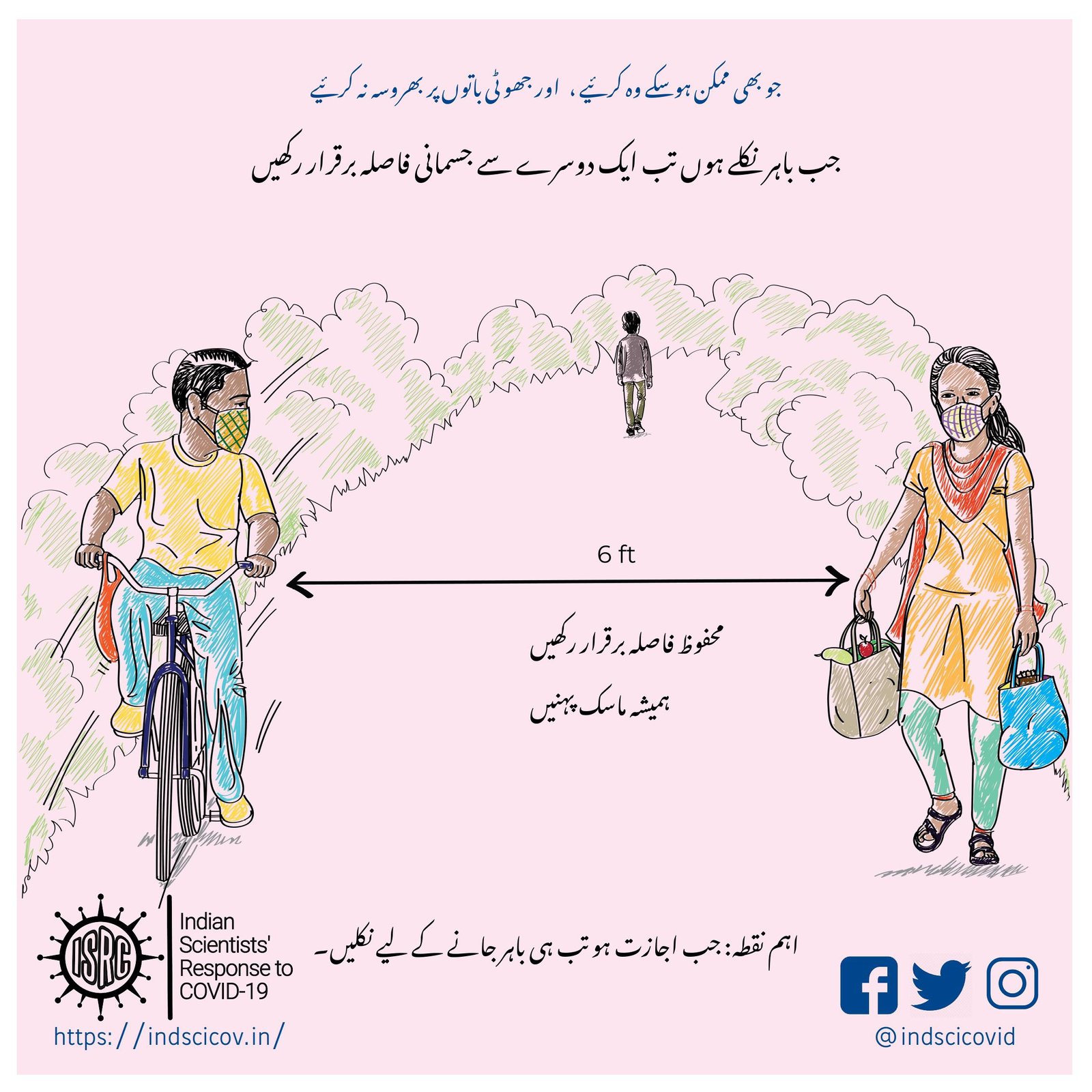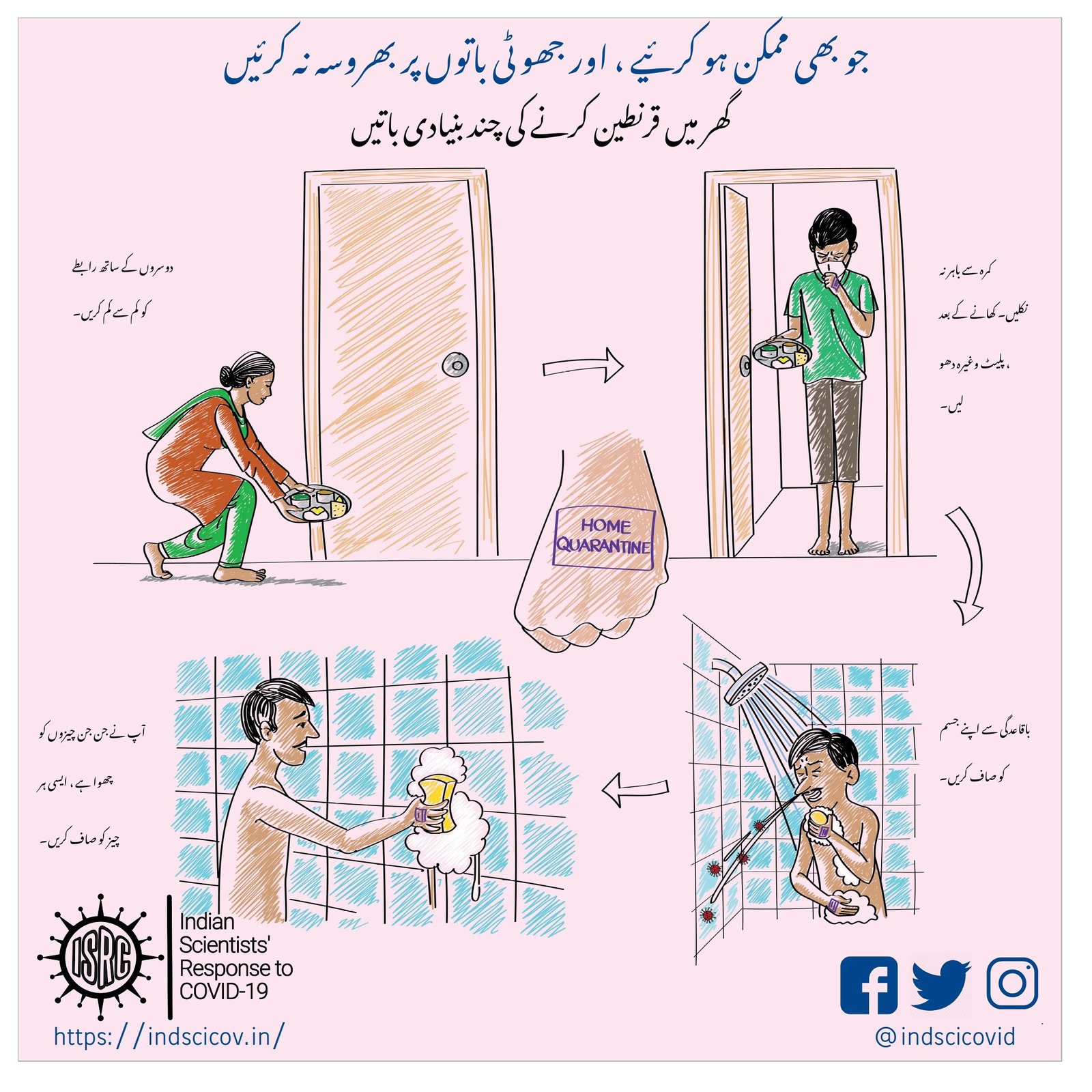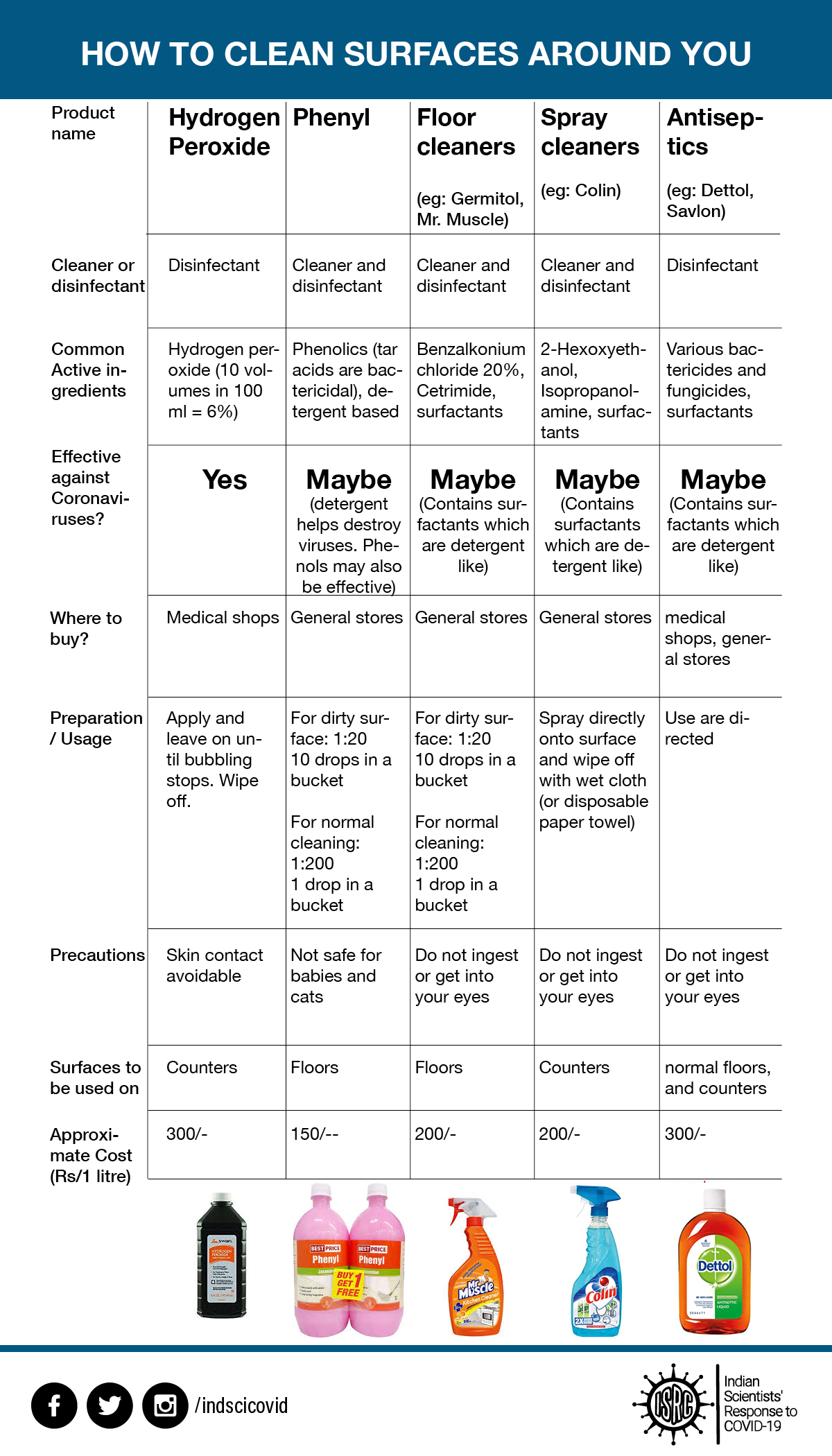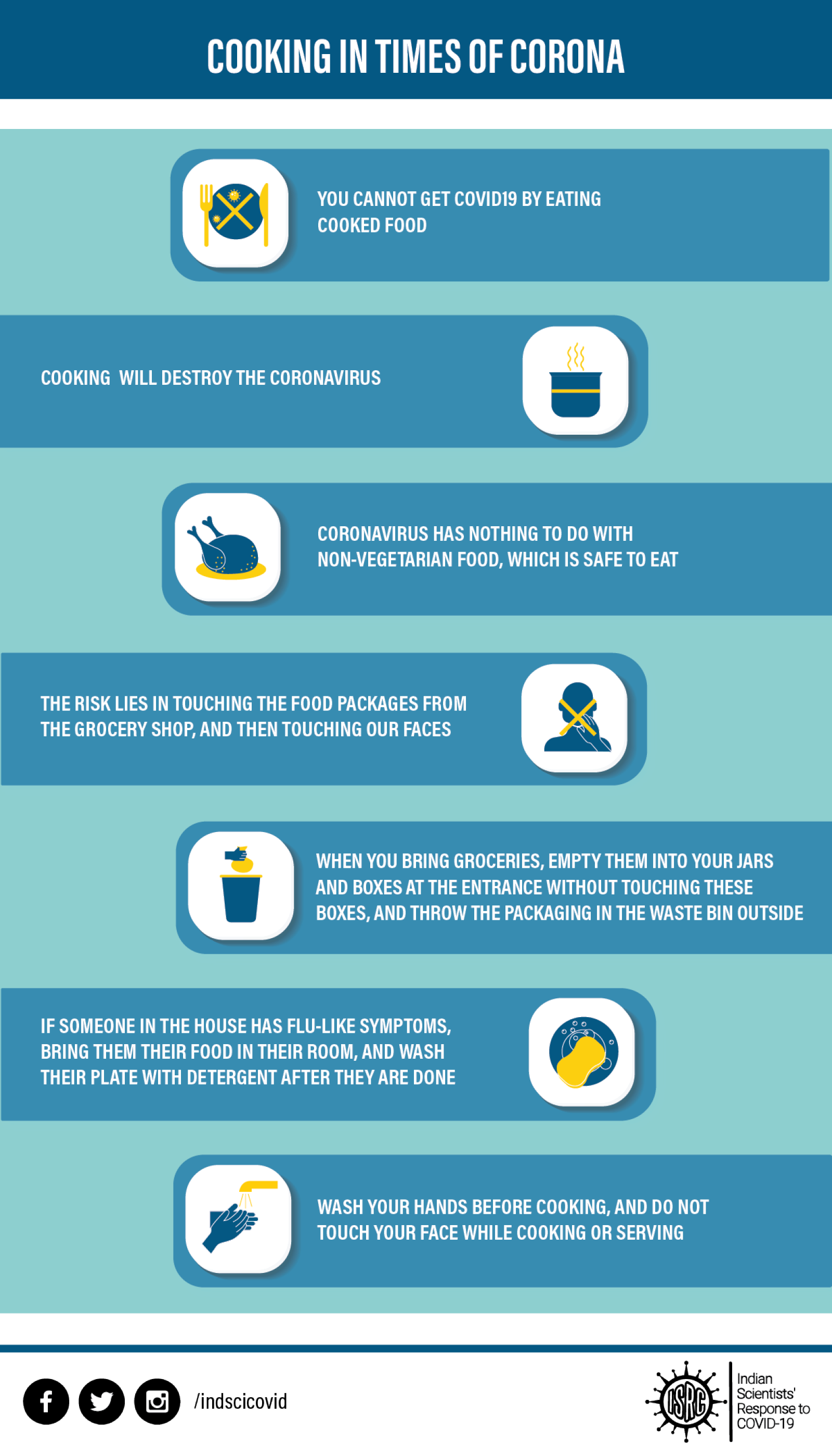[Mental health]
[Hygiene]
[Households]
[Essential service workers]
[Hygiene]
[Handwhasing: why and how]
[How to clean your hands: A complete guide.]
[The good news is that viruses do not reproduce outside living beings. We just need to make sure that the ones that are in the environment around us don’t get into us. Coronaviruses specifically have an outer layer that is easily destroyed with soap. One of the best ways to decrease the chance of getting the virus is to regularly wash your hands properly with soap but other types of cleaners and methods are also effective in some cases. Here’s a guide of how to clean your hands in different situations.]
[English][Using masks]
[Masks: why, who, when]
[Masks are on most people’s minds and on many people’s faces. The guidelines from the government (and World Health Organization) on when and what type of mask the general public should use has changed over time. There is growing evidence that mask use by everyone helps to control spread of the disease. Masks prevent you from spreading the virus if you have it, and also decrease the risk of you getting the virus from others. It is now compulsory to wear masks when outside. Here is some information about masks and how they can be effective. ]
[English]Gloves: why, who, when
In general, hand hygiene is crucial. Gloves are not required if you make sure to wash your hands regularly and try not to touch your face until you have washed. Gloves mean little if you use them all the time and also touch surfaces that have viruses and your face. It is best to use gloves only in high risk settings in the healthcare environment.
[English][Going out and returning home]
[Going out and returning home]
[During the lockdown we are instructed not to go out unless really necessary. You can decrease the transfer of the disease causing viruses by limiting your contact with people outside your immediate household, but this will work only if you pay attention to personal hygiene as well. When you need to go out to buy essentials like food or medicine, it is important to know what you should and should not do before, during and after a trip outside your home. Here we suggest some important precautions to take when you have to leave the house.]
[English][General Do’s and Don’ts]
[Households]
[Cleaning Surfaces]
[How to clean surfaces around you]
[To control the spread of any disease, in addition to personal hygiene, you should pay special attention to environmental hygiene, and CoViD-19 is no exception. Coronaviruses can remain on different types of surfaces for different periods of time. It is important to be careful to decrease the spread of the infection through these surfaces. You may be wondering which surfaces should be cleaned, how frequently, and what cleaning and disinfecting agents can be used to destroy these viruses. Here are some guidelines. ]
[English][Cooking at Home]
Everything About Food
You might be worried about getting Covid19 from food. You might not know what to do with the packaging your groceries come in. You might even wonder if it is okay to eat whatever you want. If so, we have some answers for you.
[English][Caring for the Sick]
Measures and precautions to take when someone in your home is unwell
A majority of COVID19 cases involve a cough and fever, much like a flu. If someone in your family shows these symptoms, they could be a COVID19 case. Inform the nearest health centre, your private doctor or call 011-23978046. Depending upon your symptoms, they may ask you to stay at home or refer you to a designated government or private hospital or to a testing centre. Individuals in good condition usually get better on their own in 3-5 days. In the meantime, the patient should stay at home for 14 days after they stop showing symptoms. During this period, the patient will need care and support to ensure that the virus does not spread within the household or beyond.
[English][Essential service workers]
[Delivering Goods]
کورونا وائرس سے محفوظ رہتے ہوئے ضروری سامان پہنچانےکا طریقہ
کووڈ -۱۹کے سبب نافذ کئے گئے لاک ڈاؤن کی اس مدّت کے دوران ،گھر تک ضروری سامان کی فراہمی بہت ضروری ہے۔ لہذا ، ان ضروری اشیاء کی فراہمی میں لگےافراد کی صحت اور حفاظت کو بھی ترجیح دی جانی چاہئے۔ ضروری اشیا میں گروسری ، گیس سلنڈر ، دودھ کے پیکٹ ، اخبارات ، تیار کھانا ، دوائیں وغیرہ شامل ہیں اگر آپ ان میں سے کسی بھی ضروری چیز کی فراہمی کے کام سے جڑے ہیں تو یہ ممکن ہے کہ آپ بہت سارے لوگوں کے ساتھ قریبی رابطے میں آئیں اور ایسی بہت سی سطح کو چھوئیں ، جن کو کئی لوگوں نے چھوا ہو۔ آپ کو نقد پیسوں کی لین دین کے سلسلے میں بہت سے نوٹوں اور سکّوں کو چھونا پڑ سکتا ہے۔ کام کرتے ہوئےاپنے ساتھیوں کے ساتھ آپ کی جسمانی قربت کا بھی امکان ہے۔اور بعض اوقات ،آپ کو ڈلیوری گاڑی بھی شیئر کرنی پڑتی ہے۔ یہاں ، ہم کچھ آسان احتیاطی تدابیر پیش کرتے ہیں، جن کے مطابق عمل کرکے آپ اس کو یقینی بناسکتے ہیں کہ آپ ، آپ کے اہل خانہ اور آپ کے گاہک کووڈ -۱۹ انفیکشن کے رابطہ میں نہیں ہیں۔
اُردُو[Working in a Shop]
[Keeping shops safe for workers and customers]
[Essential service shops, like grocery stores and pharmacies, have been allowed to remain open during the lockdown announced to tackle COVID-19. Since these are also places that many people access, they are possible hotspots for the spread of the disease. While it is important to follow the general practices of washing hands, maintaining physical distance and keeping surfaces clean, there are some specific measures that you, as an essential service worker, need to take. These measures can help keep you, your colleagues and your families stay safe and healthy, while still continuing to provide the public with essentials. ]
[English][About Biology]
[How small are viruses?]
